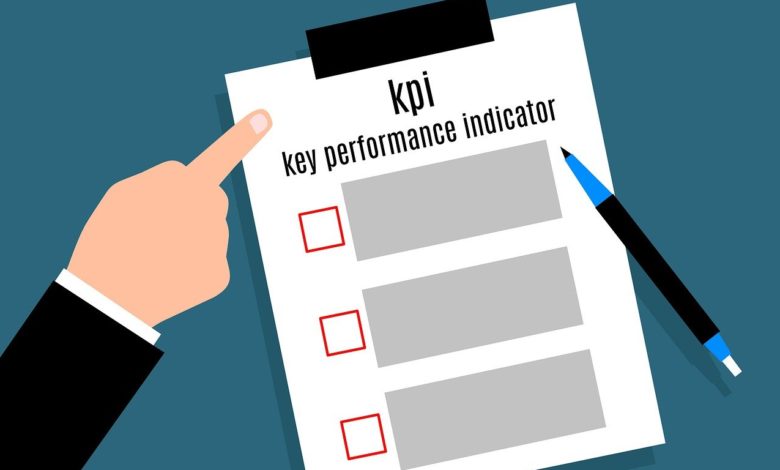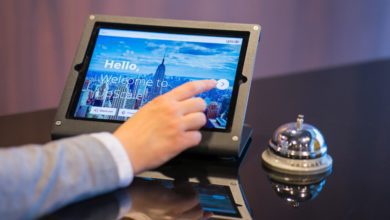Advice: Essential KPIs every hotelier should be tracking
In the dynamic, customer-centric world of the hospitality industry, understanding your business's performance is key to staying ahead of the competition.

In the dynamic, customer-centric world of the hospitality industry, understanding your business’s performance is key to staying ahead of the competition. Key Performance Indicators (KPIs) are measurable values that provide insights into the effectiveness of a hotel’s strategies and initiatives. The importance of KPIs in the hotel industry cannot be overstated—they facilitate decision-making, inform strategic planning, and ultimately drive business growth.
The selection of appropriate KPIs depends on your business goals, but some universally significant KPIs exist that every hotelier should be tracking. Here are some of the most essential:
1. Occupancy Rate
One of the most fundamental metrics, occupancy rate, measures the percentage of occupied rooms over a specific time period. It’s calculated by dividing the number of occupied rooms by the total number of rooms. This KPI can indicate demand, help manage inventory, and identify periods of high and low demand.
2. Average Daily Rate (ADR)
ADR is the average rental income per paid occupied room in a given time period. It’s calculated by dividing the total room revenue by the number of rooms sold. ADR helps hoteliers understand the potential and actual revenue per room, enabling informed pricing decisions.
3. Revenue Per Available Room (RevPAR)
RevPAR is a performance metric in the hotel industry that combines occupancy rate and ADR into one number. It’s calculated by multiplying a hotel’s ADR by its occupancy rate. RevPAR offers a snapshot of how well a hotel is filling its rooms, as well as how much it’s earning from each room.
4. Cost per Occupied Room (CPOR)
CPOR gives insight into the total variable costs associated with servicing an occupied room over a given period. These costs may include housekeeping wages, utilities, and amenities. By knowing your CPOR, you can make strategic cost-saving decisions and forecast future costs.
5. Customer Satisfaction Index (CSI)
CSI measures the degree of customer satisfaction with your hotel’s service and facilities. It’s typically gauged through guest surveys and feedback. High customer satisfaction often leads to increased loyalty and recommendations, impacting your hotel’s reputation and revenue in the long run.
6. Online Reputation Score (ORS)
In today’s digital age, online reviews play a crucial role in shaping a hotel’s reputation. ORS aggregates scores from various review sites to provide an overall assessment of your online reputation. Monitoring and working on improving your ORS can drive more bookings.
7. Net Promoter Score (NPS)
NPS gauges customer loyalty by asking guests how likely they are to recommend your hotel to others. It’s an excellent indicator of guest satisfaction and a powerful tool for predicting future booking behavior.
8. Booking Channels
Identifying which channels (e.g., direct booking, online travel agencies, or third-party sites) bring in the most bookings and revenue can help hotels allocate marketing resources more effectively. This KPI can shape the way you manage distribution and channel partnerships.
9. Employee Turnover Rate
High staff turnover can be costly and may affect service quality. Tracking this KPI allows you to understand the level of employee satisfaction and the effectiveness of your HR policies.
10. Gross Operating Profit per Available Room (GOPPAR)
GOPPAR is a profitability metric that provides insights into the operational efficiency of your hotel. It is the total gross operating profit made from each room available, whether occupied or not. It’s a comprehensive measure as it takes both revenue and operational costs into account.
Remember, tracking these KPIs is just the beginning. Analyzing and utilizing this data effectively is what will ultimately fuel strategic decision-making and drive your hotel’s growth. Always
use KPIs in the context of your specific business goals and periodically revisit your KPI strategy to ensure it aligns with your evolving business objectives.
In the age of data-driven decision-making, mastering these KPIs will empower you to make informed choices that improve service quality, streamline operations, and maximize profits—securing the future success of your hotel.









